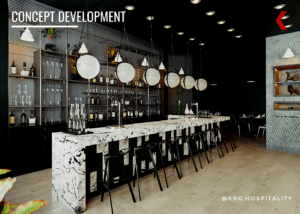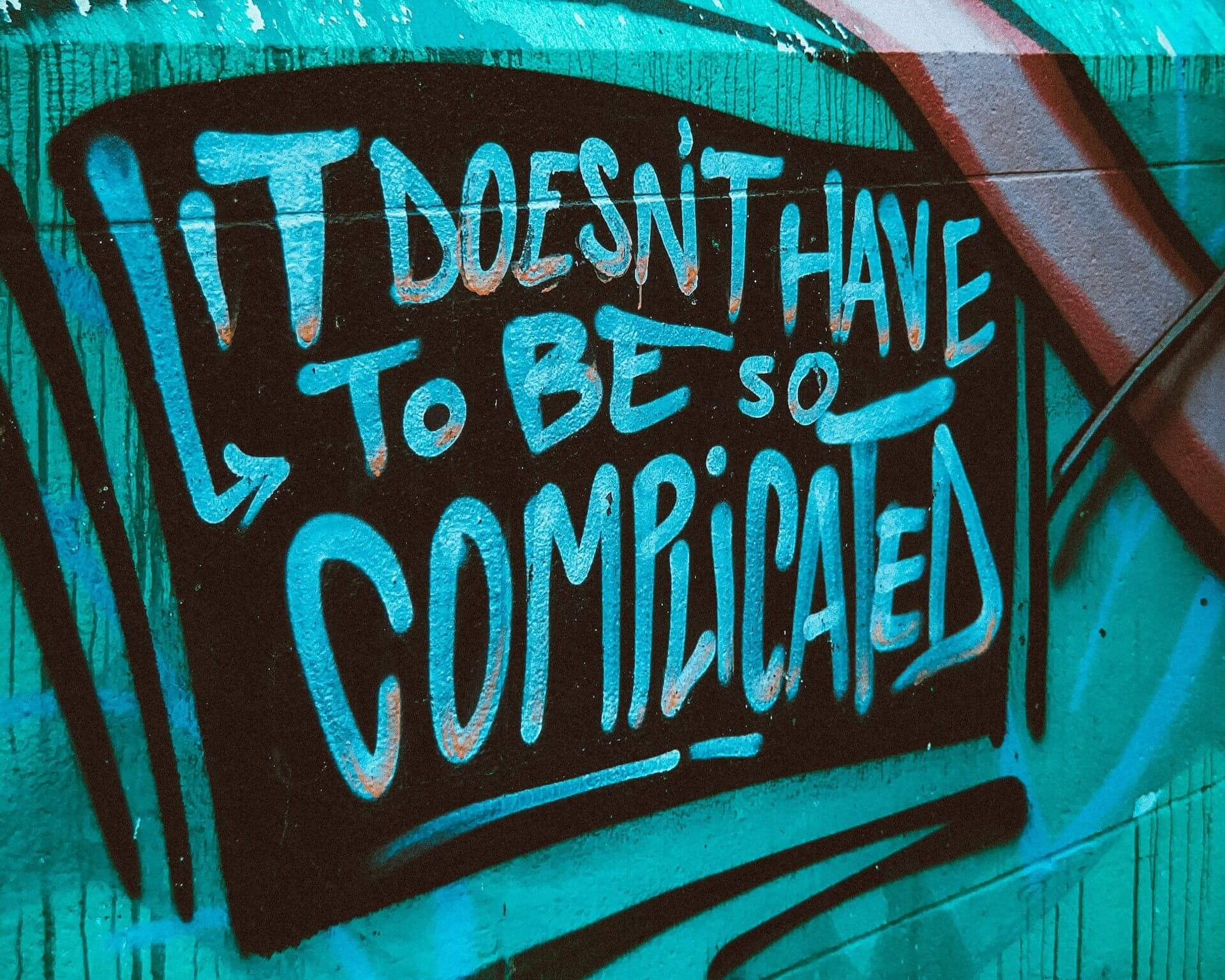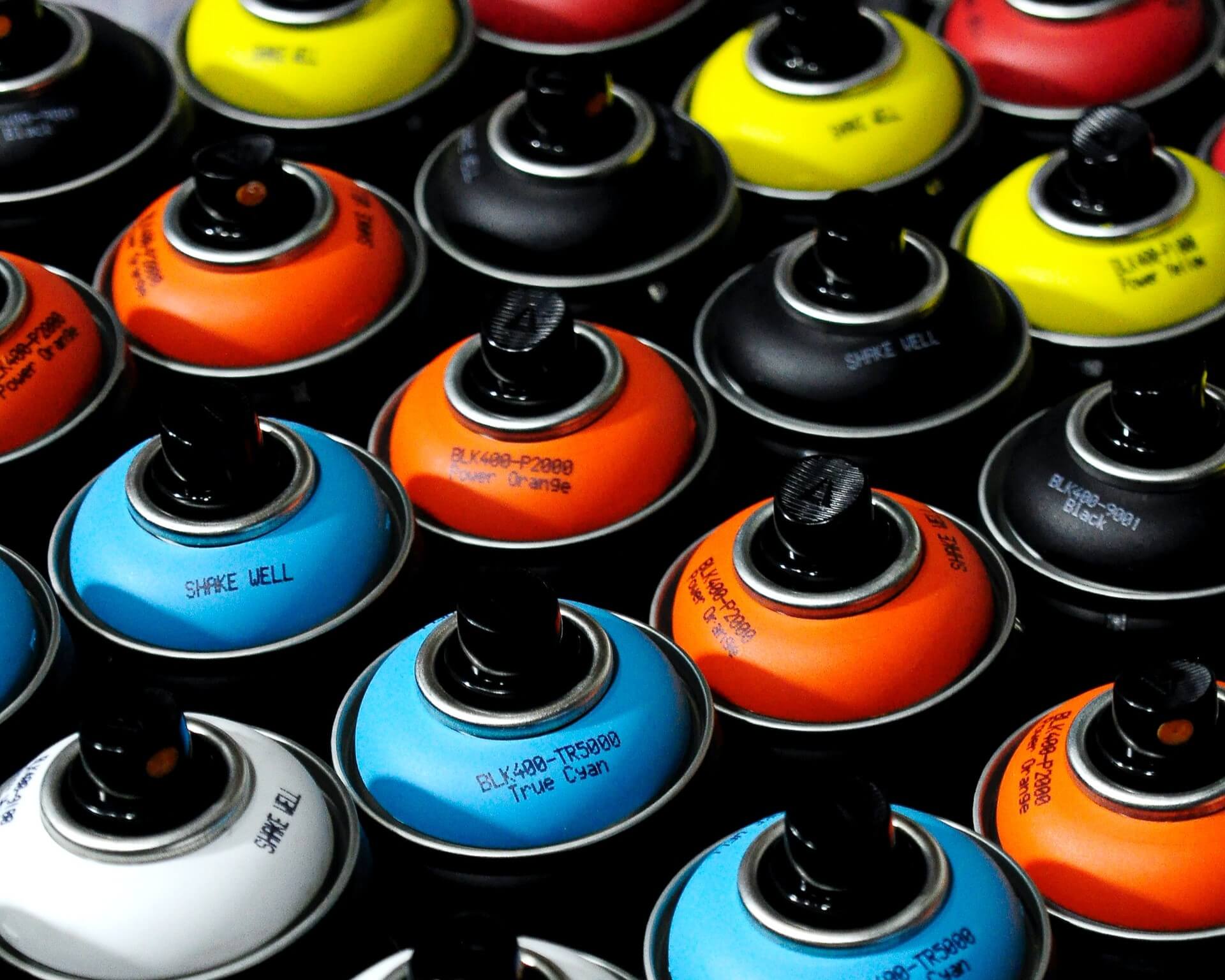Program for Unique Holidays: June 2023
by David Klemt

Do you want to stand out from from other restaurants and bars in your area? Change how you think about your June holiday promotions.
Several holidays are set against every date on the calendar, and this month is no exception. These holidays range from mainstream to esoteric.
Pay attention to the “weird” or unique holidays to raise eyebrows, carve out a niche for your restaurant or bar, and attract more guests. Why do what everyone else is already doing? Why program only around the same holidays as everyone else?
Of course, you shouldn’t try to celebrate every holiday, strange or otherwise. Focus on the days that are authentic to your brand; resonate with your guests; and help you grab attention on social media.
You’ll find suggestions for promotions below. However, the idea behind our monthly holiday promotions roundup is to inspire you and your team to get creative and come up with unique programming ideas.
For our May 2023 holidays list, click here.
June 3: National Repeat Day
This holiday is the perfect time to encourage guests to buy the ever-important second drink. Likewise, it’s the right day for encouraging people to order a dish or two to take home.
June 8: World Oceans Day
Leaders around the world are committed to the 30×30 initiative: protecting 30 percent of our oceans, waterways, and land by 2030. World Oceans Day is about focusing on this initiative, which people can do, in part, by filling out this short survey.
You and your guests can also support the oceans and conservation efforts by supporting brands like Gray Whale Gin. This award-winning gin is produced with sustainable, ethically, and locally-procured ingredients. Additionally, Gray Whale supports Oceana and 1% for the Planet by donating a portion of their proceeds.
June 10: National Black Cow Day
For those who may not know, a Black Cow is a float. It’s incredibly simple to make: drop a scoop of vanilla ice cream into a mug, add root beer.
Of course, you can also get creative with the Black Cow. One way is to make an adult version, perhaps with a vodka like Vodkow, or a cream liqueur like Vodkow Cream. Another option is to feature craft root beer and local vanilla ice cream.
June 13: National Kitchen Klutzes of America Day
Look, some people just aren’t great cooks. Some aren’t good in the kitchen. In fact, some aren’t even mediocre when it comes to cooking—they’re complete disasters.
Luckily, you probably have a kitchen inside your venue. So, give the not-so-great cooks in your area a reprieve from cooking with excellent lunch and dinner LTOs.
June 14: National Bourbon Day
Hey, do you have bourbon? At the risk of being too assumptive, I bet you do. Guess what you should do on this holiday.
June 16: National Take Back the Lunch Break Day
What a perfect day to motivate people to have lunch in your venue. It’s also a great day to motivate people to order delivery, carryout or pickup from you.
June 21: National Daylight Appreciation Day
This holiday does exactly what it says on the tin, as they say: it celebrates daylight. Venues that take advantage of sunlight—great windows, garage-style roll-up doors, amazing patios—should do what they can to entice guests to visit in the morning and afternoon. So, small-bite and lunch LTOs and promotions; sessionable beer, wine, and cocktails; and healthy, refreshing zero-proof beverages are the order of the day.
June 26: National Coconut Day
Summer and coconut go hand in hand. An LTO menu that shines a light on summery drinks and bites is the perfect way to celebrate the coconut.
Feel free to rile up guests by asking them a “simple” question: Is a coconut a fruit, a nut, a seed, or a drupe?
June 27: National Onion Day
Onion rings. Onion dip. Bacon-onion bites. Onion pinwheels… And those are just appetizers. The humble onion is, as we all know, a powerhouse in the kitchen. For some, onions are also cocktail garnishes.
I think you know what to do on National Onion Day.
June 28: Tau Day
For the most part, we’re taught in school that Pi—a circle’s circumference divided by its diameter—is rounded to 3.14. Pi Day is March 14 each year and the holiday (and mathematical constant) tends to get the meme treatment.
Well, some believe Pi is incorrect. Instead, these people use the constant Tau, which is a circle’s circumference divided by its radius. Tau, with a value of 6.28, is celebrated on June 28. One of the simplest ways to celebrate this holiday is to enjoy twice the amount of pie as one would normally. So, a smart promotion that celebrates Tau Day could be one that encourages couples to come in to enjoy two slices of pie for dessert.
Image: Ivan Bertolazzi on Pexels
















